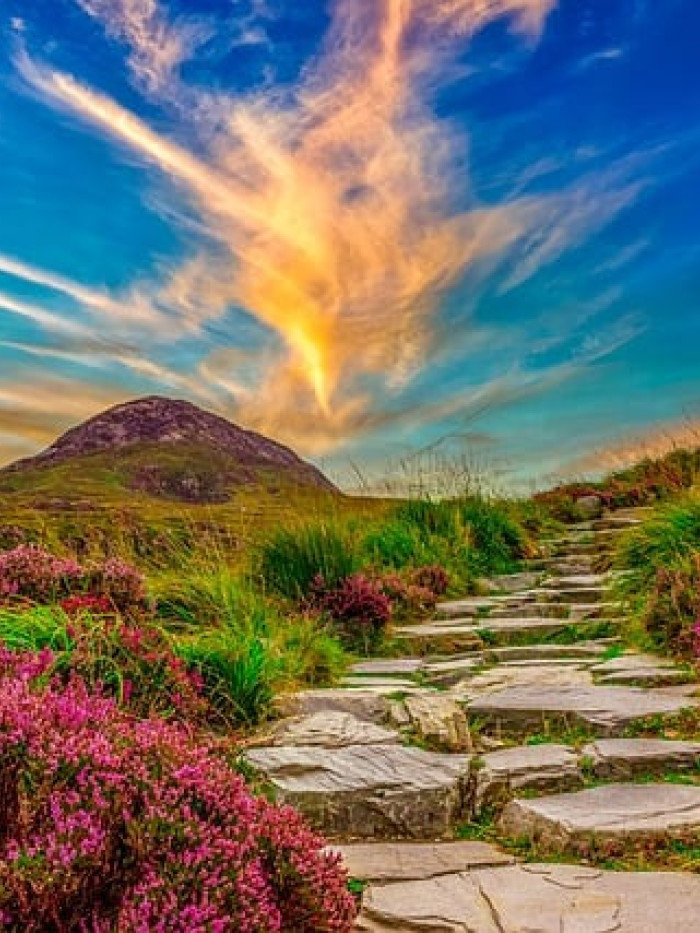
Spreading the Words

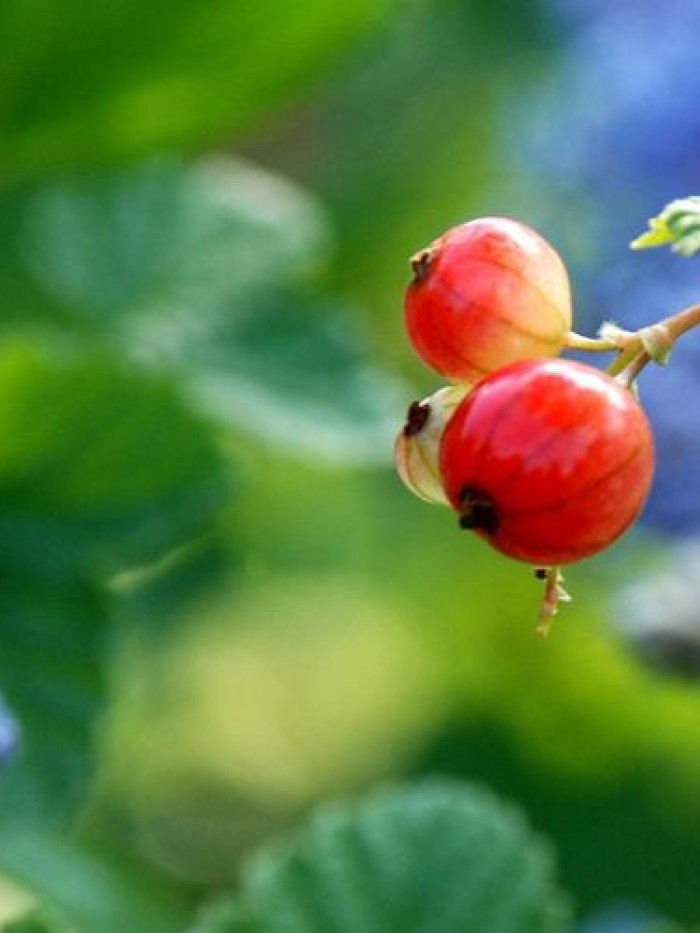
Dúlra (The Elements, Nature)
Hear how the natural word is perceived by Irish writers in the past and pre ...
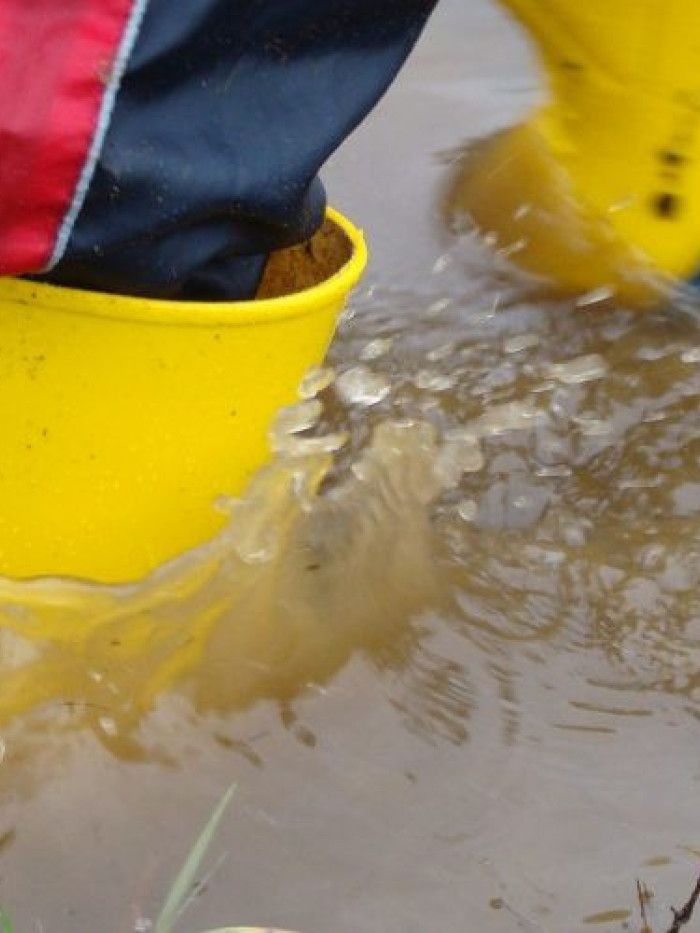
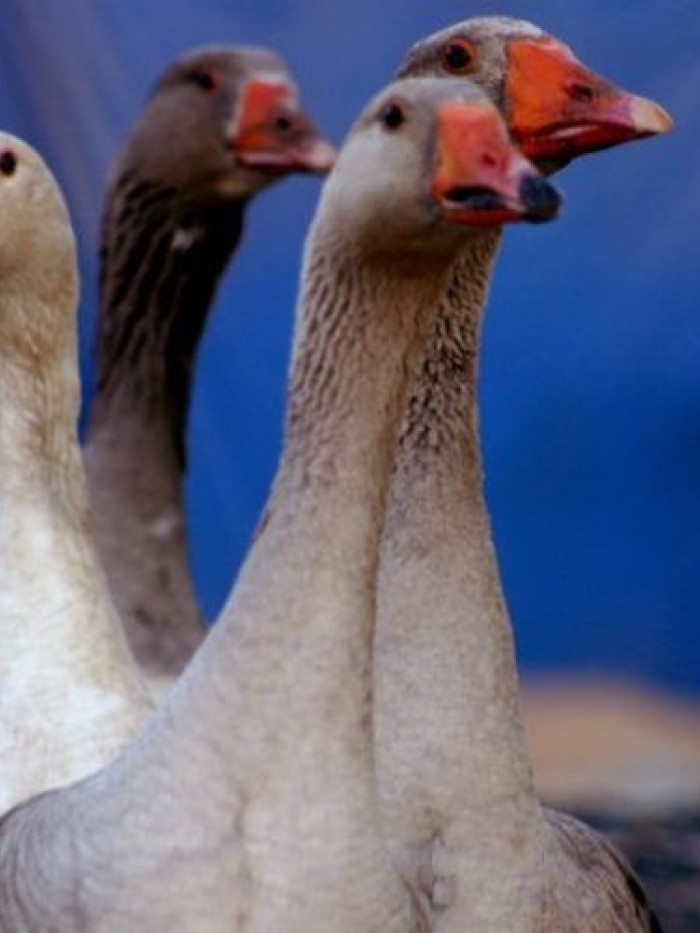
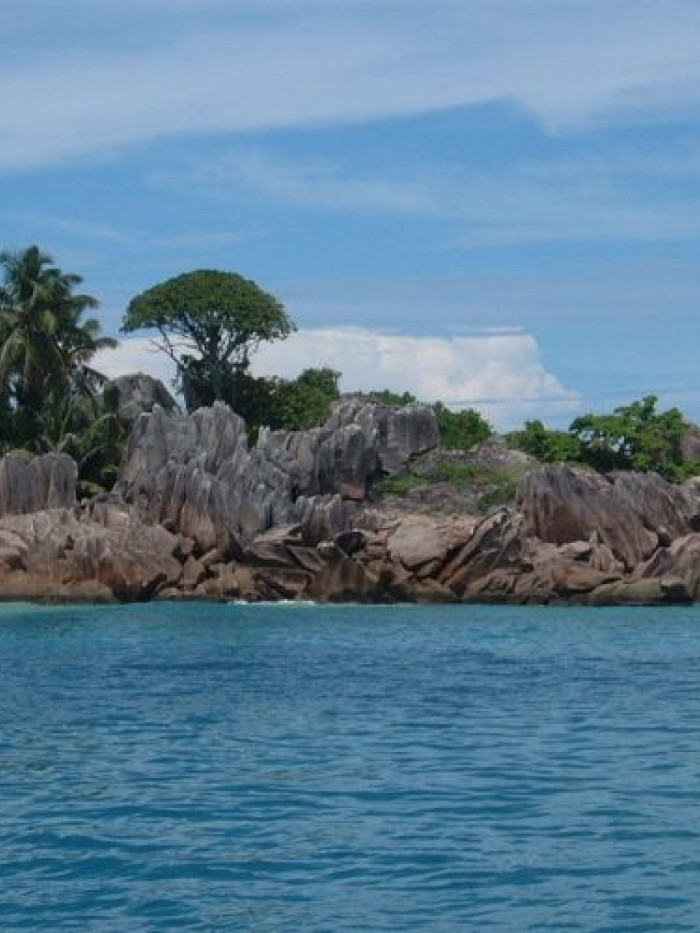
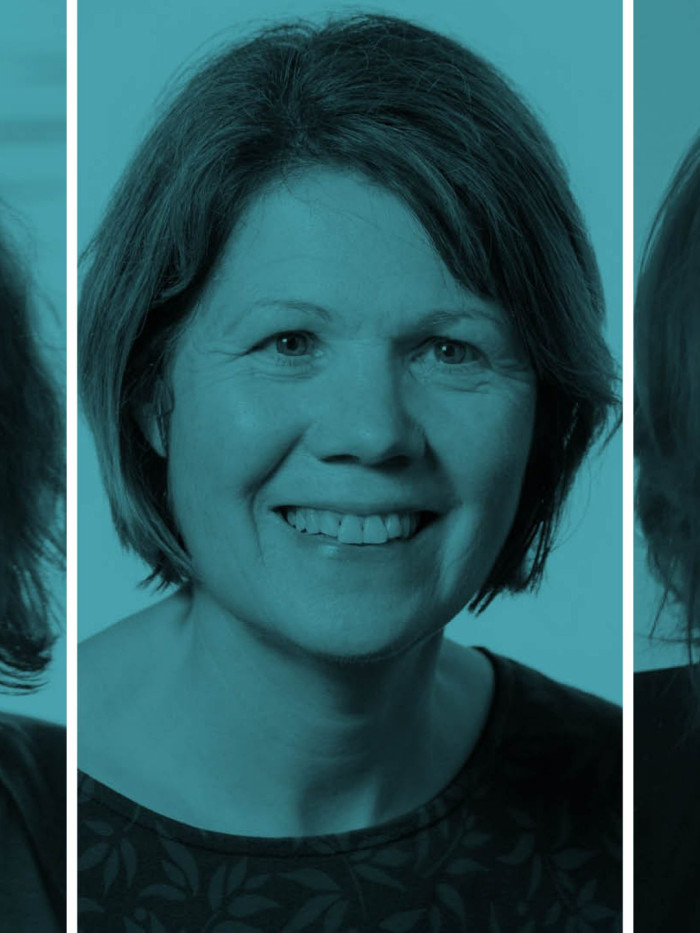
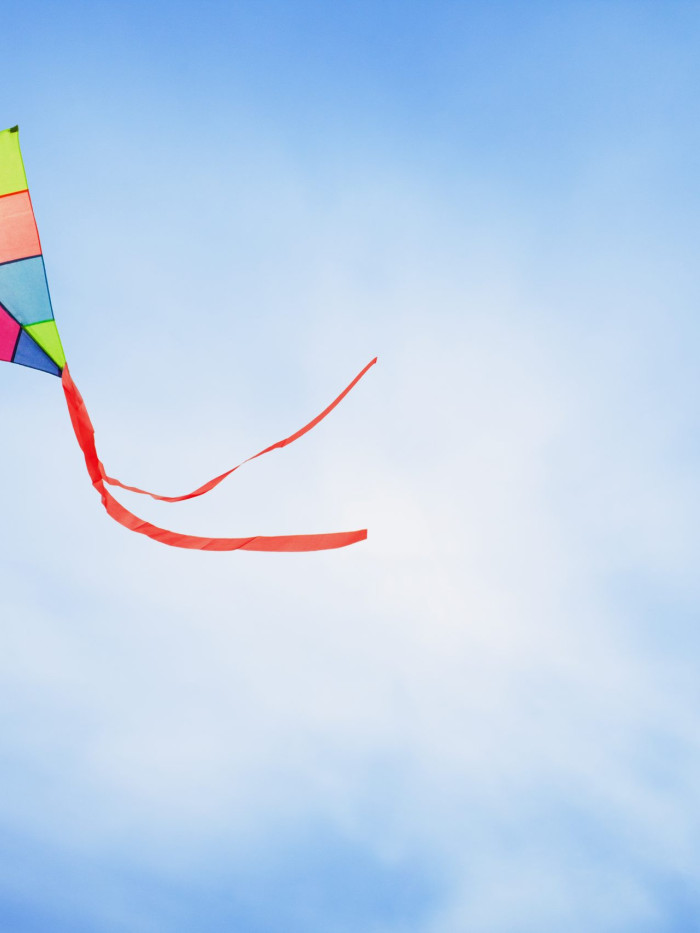
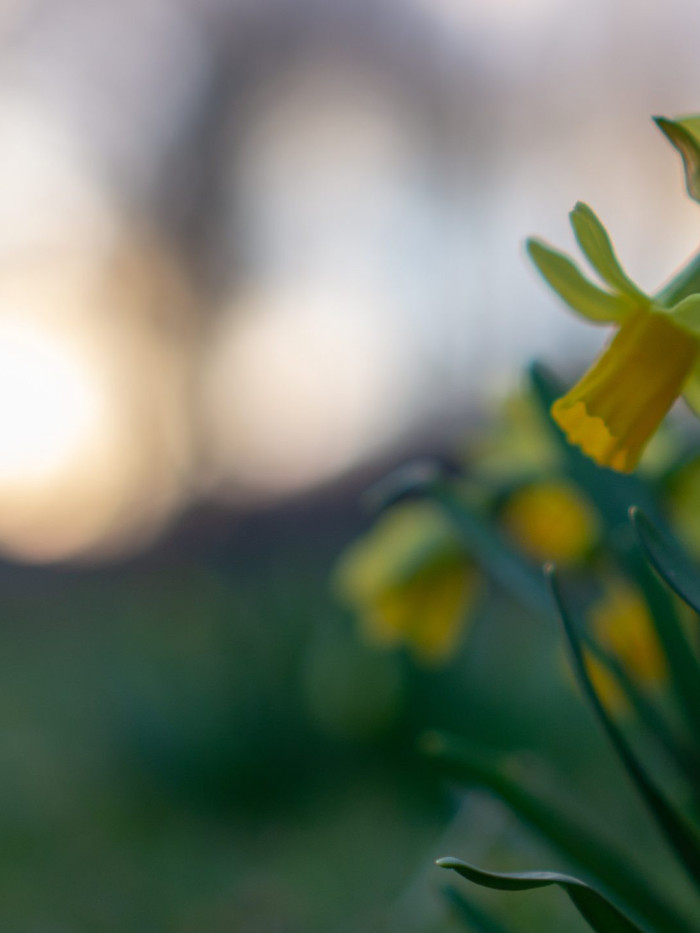
Lus An Chromchinn (Daffodil)
Over the centuries, some beautiful and memorable names of flowers and plant ...
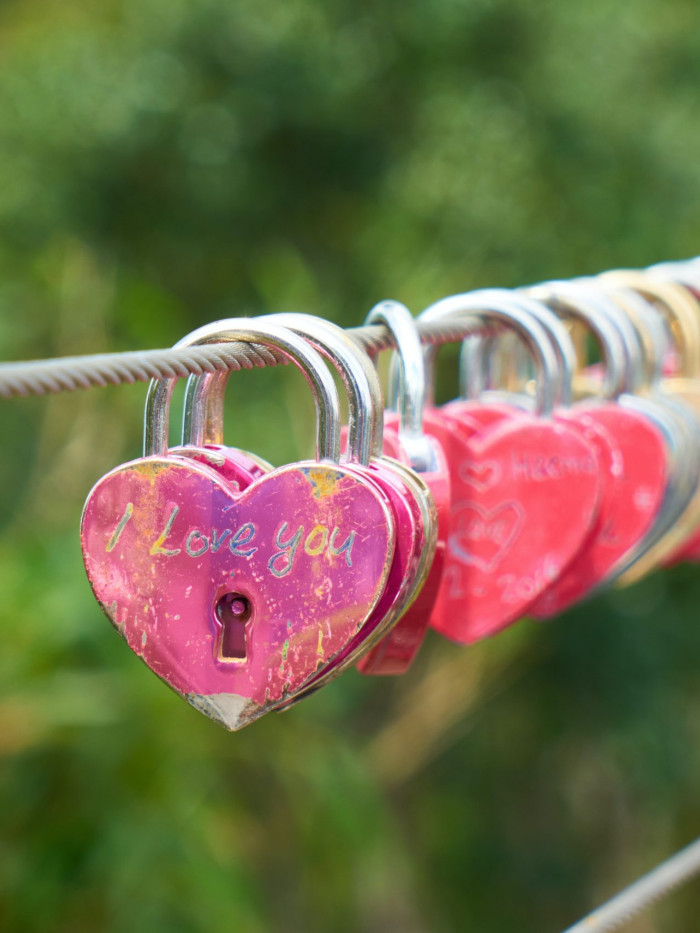
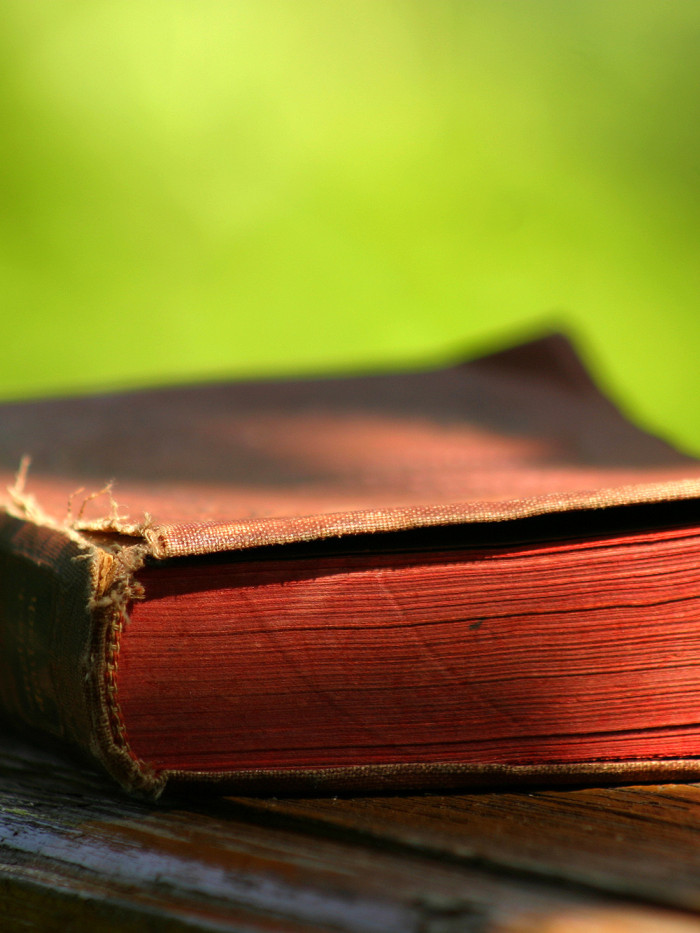
Leabharlann (Library)
Hear about how books were stored in medieval Irish libraries and about how ...
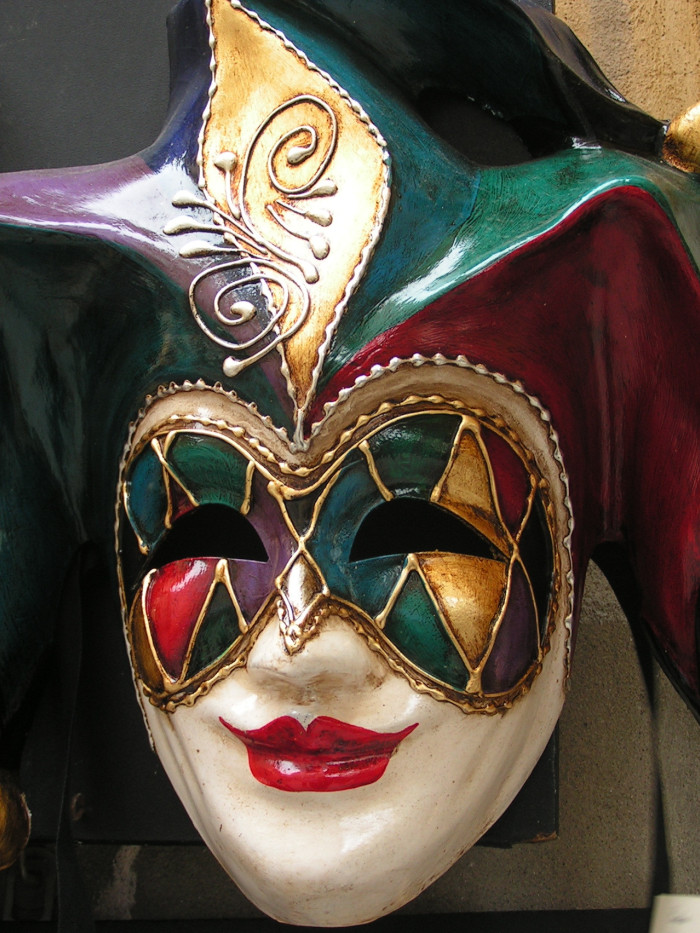
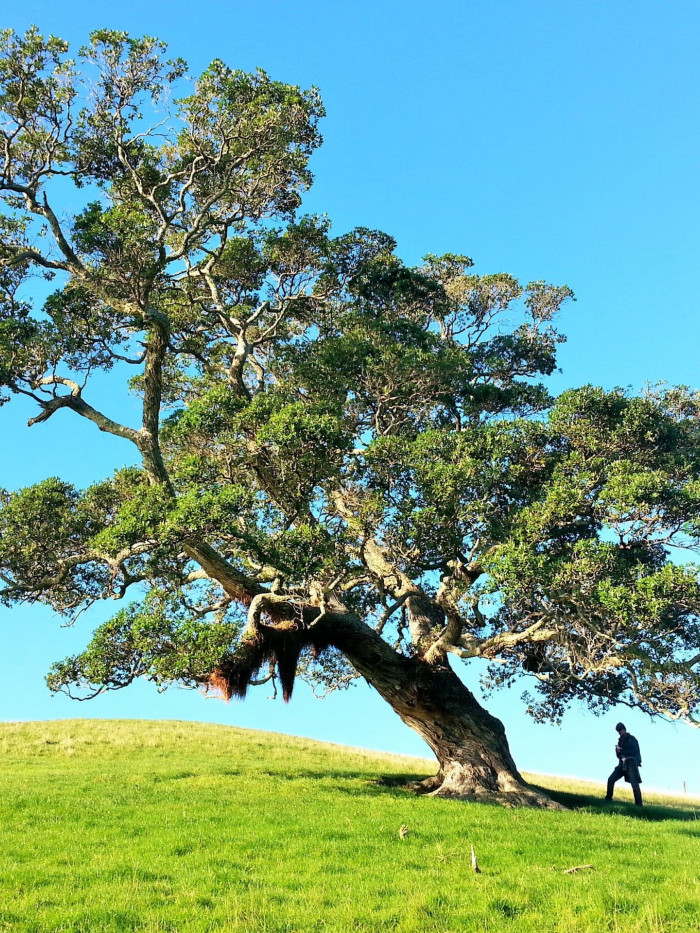
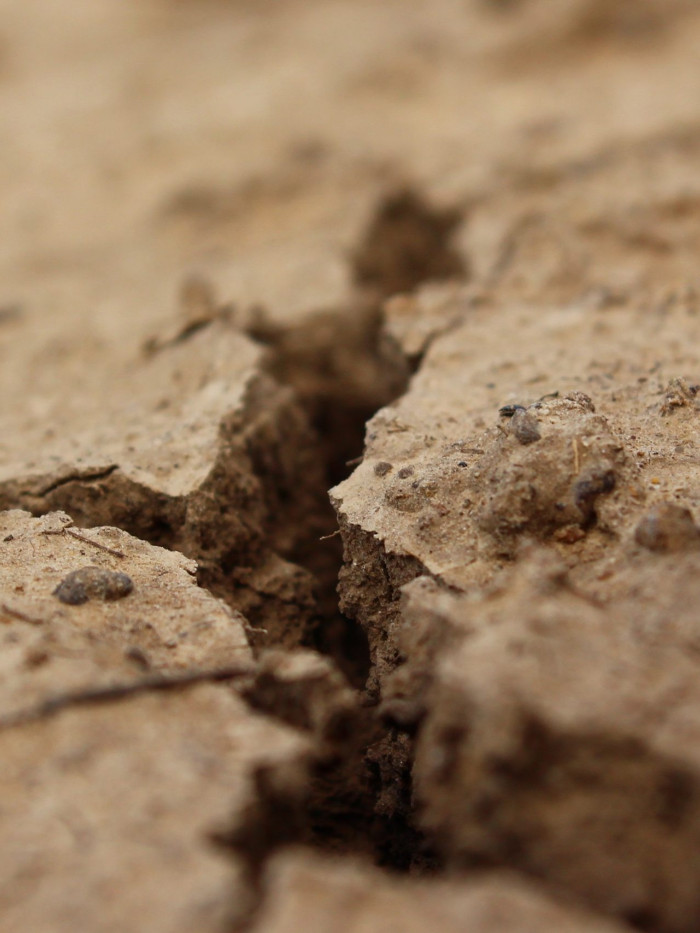
Crith Talún (Earthquake)
Medieval Irish chronicles and stories sometimes mention ‘the movement of th ...
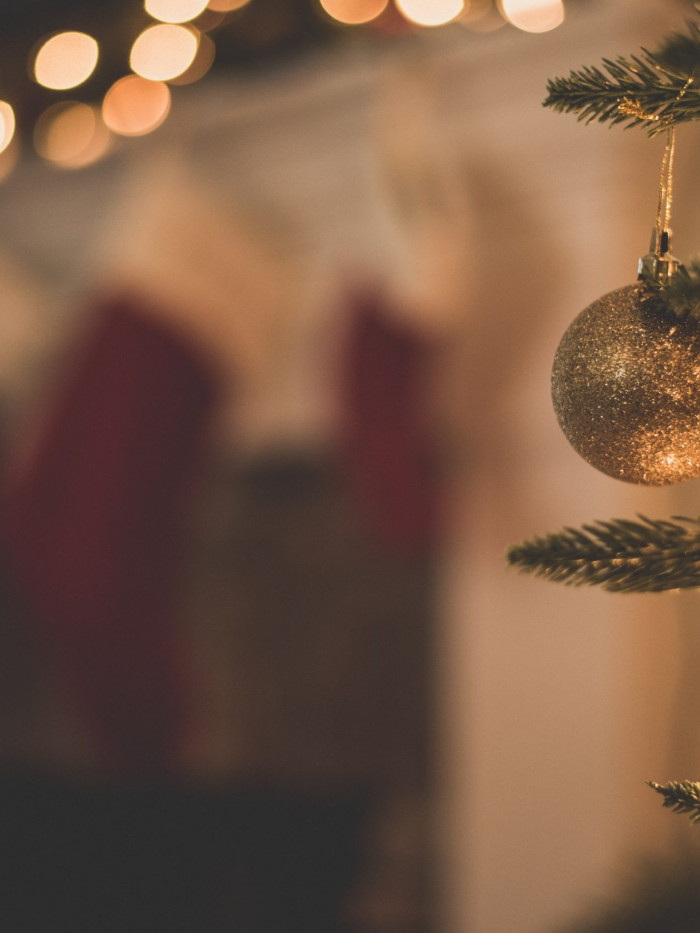
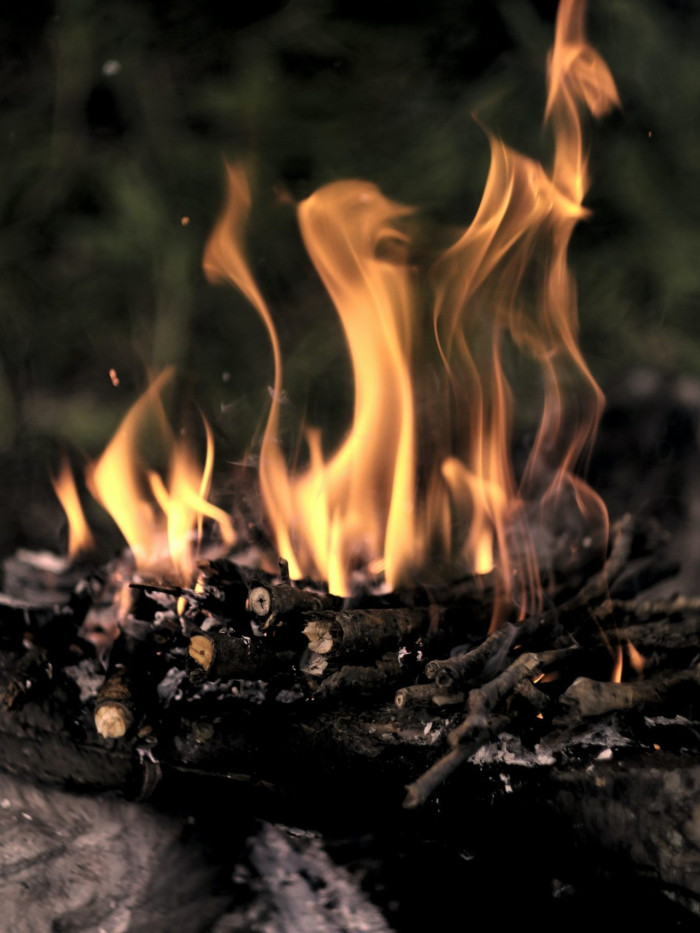
Teaghlach (Household)
In medieval Ireland, the hearth was at the centre of the house, but what ki ...
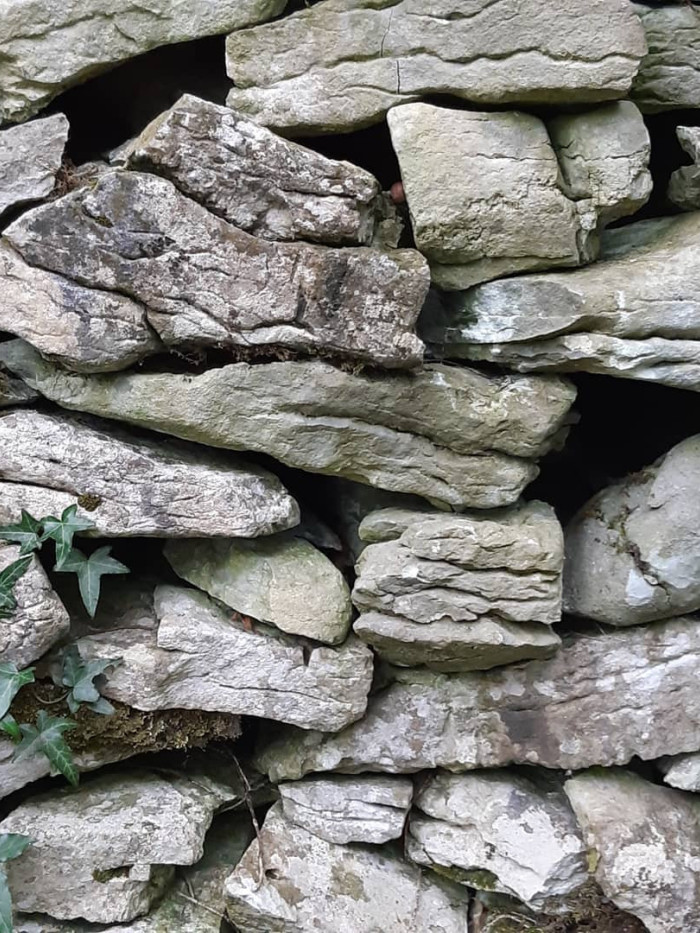
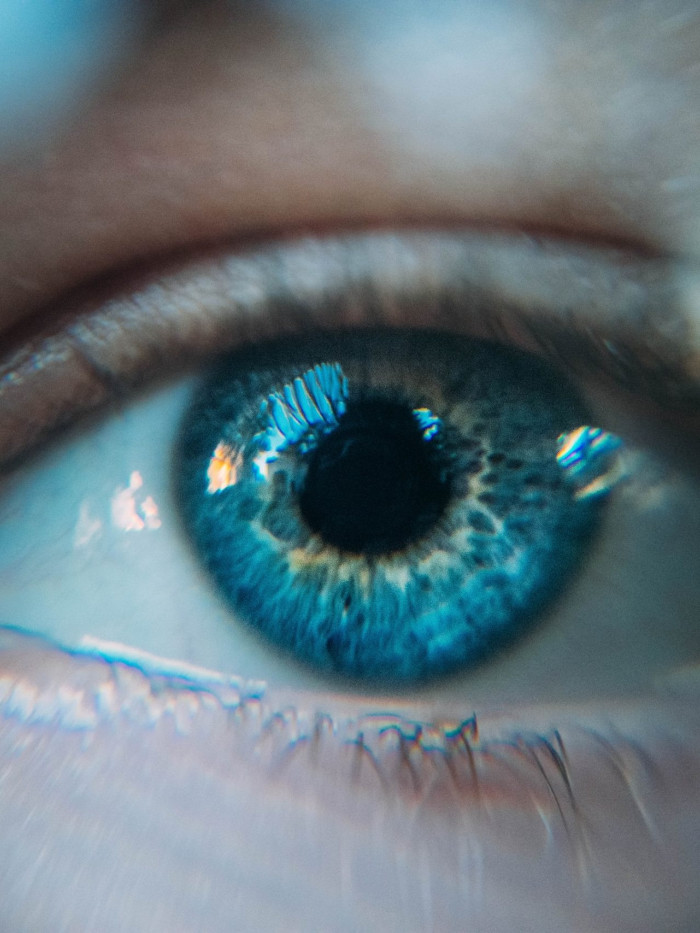
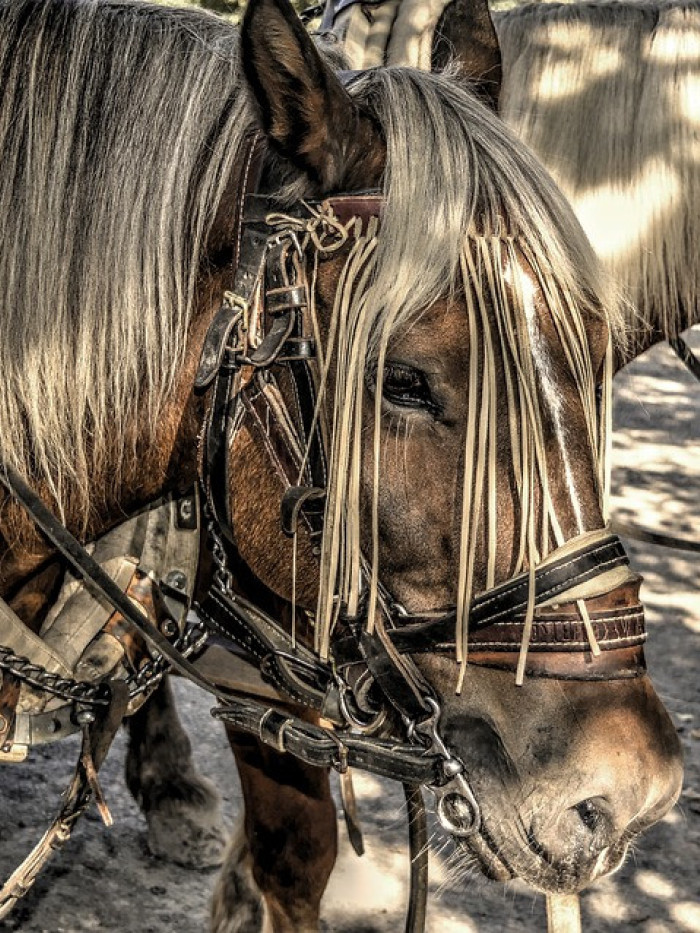
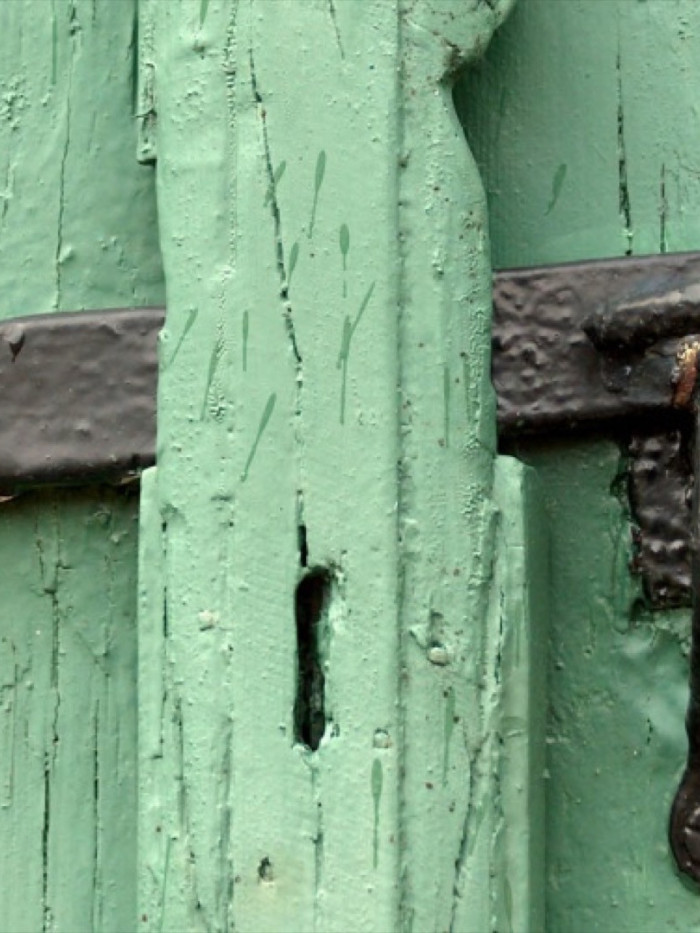
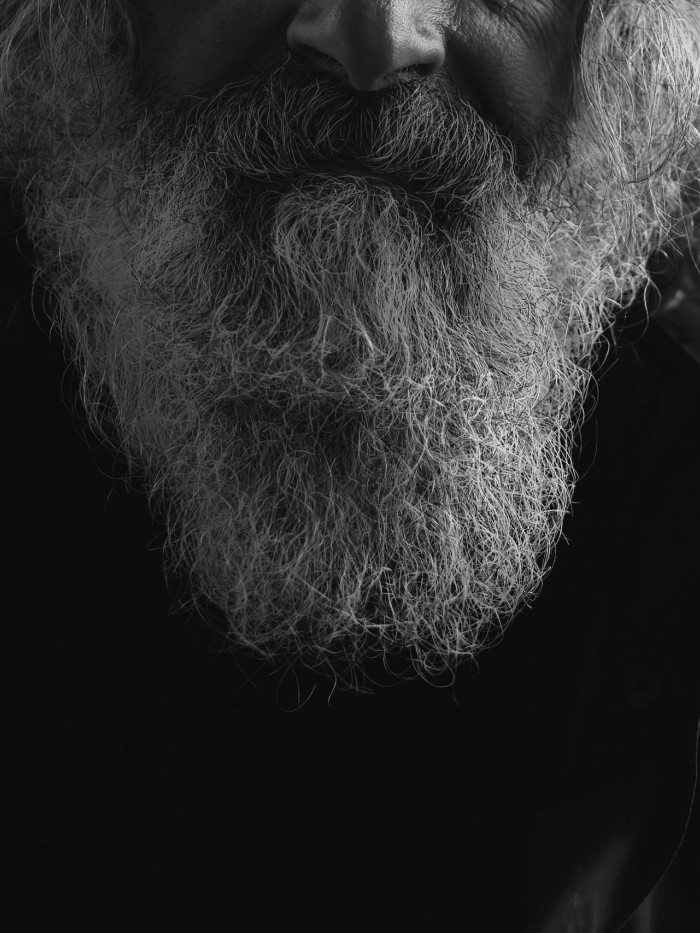
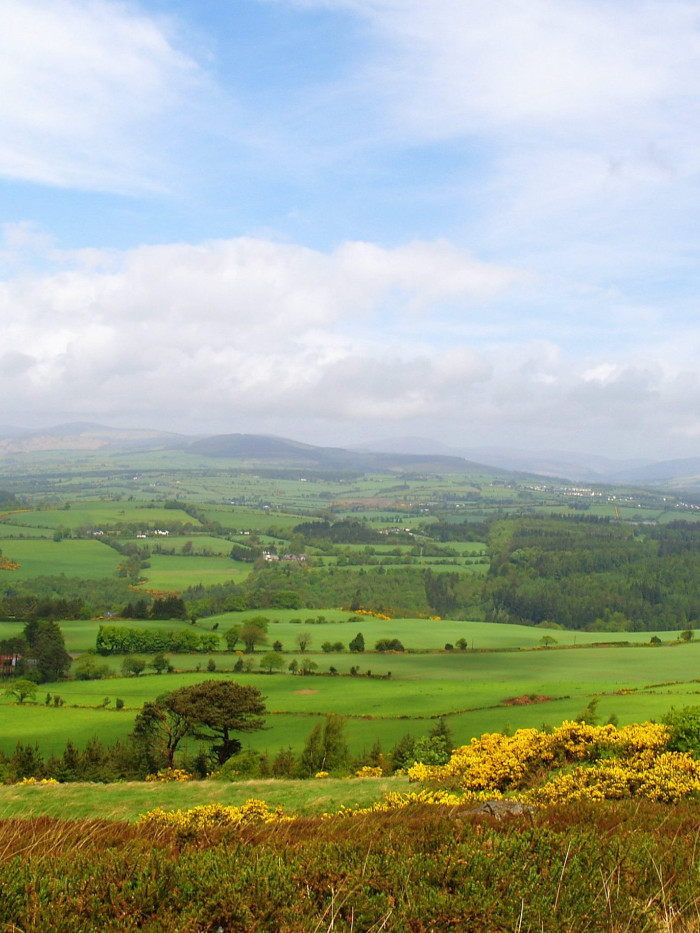
Dinnsheanchas (A Literature of Place)
Real space without and imaginative space within: how the poetry of Nuala Ní ...
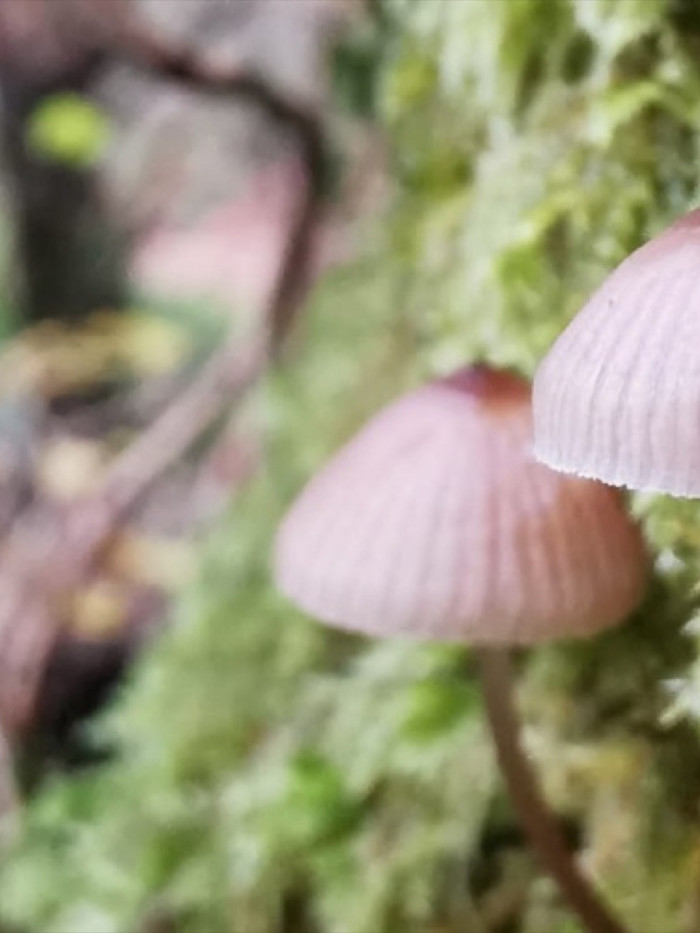
Fás aon oíche (Mushroom)
Ireland has a great biodiversity of fungi but how have the Irish referred t ...
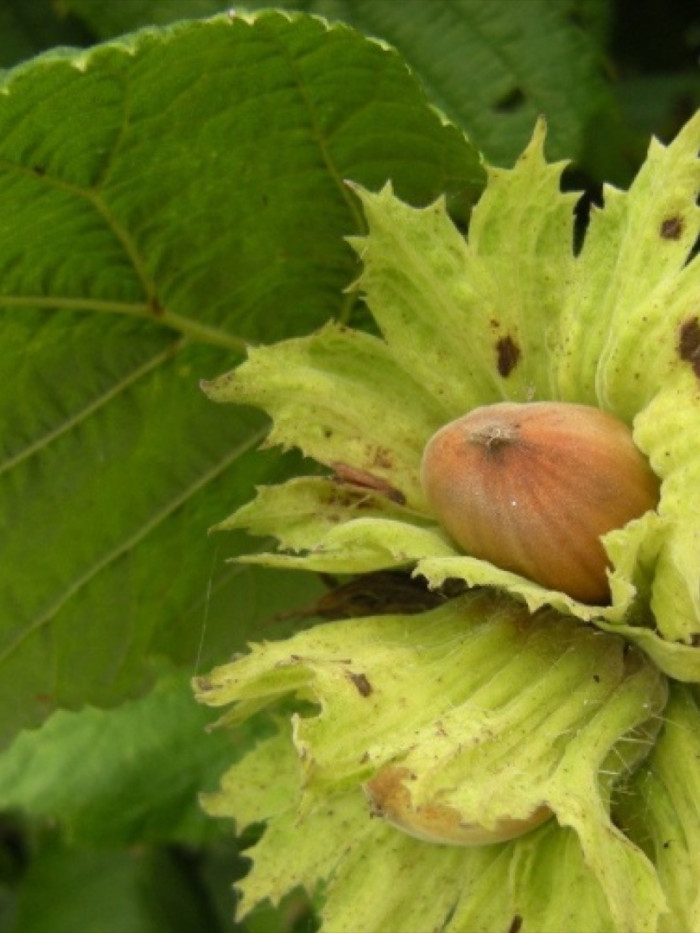
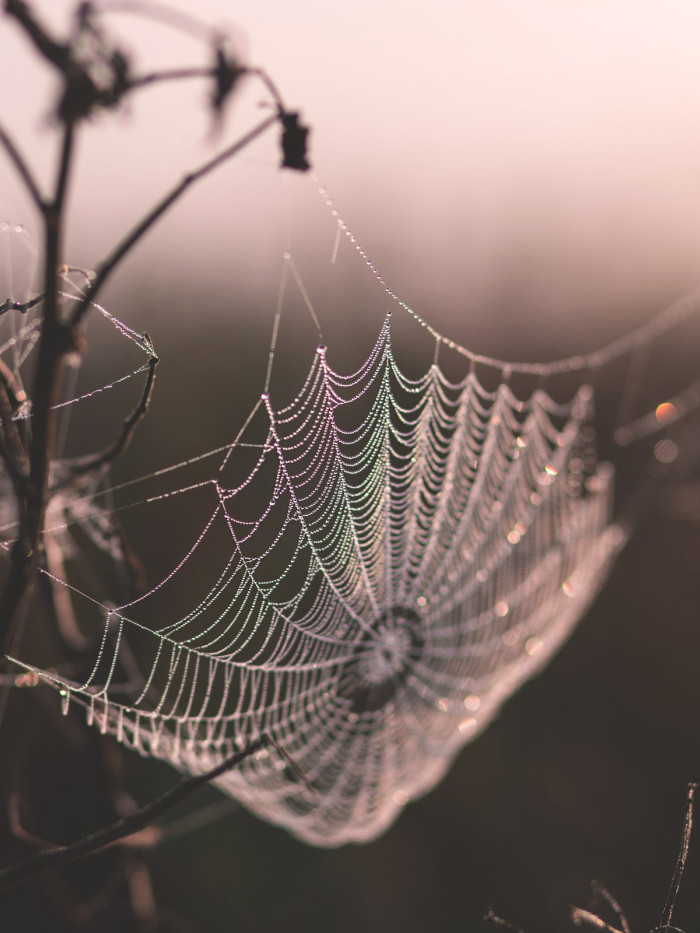
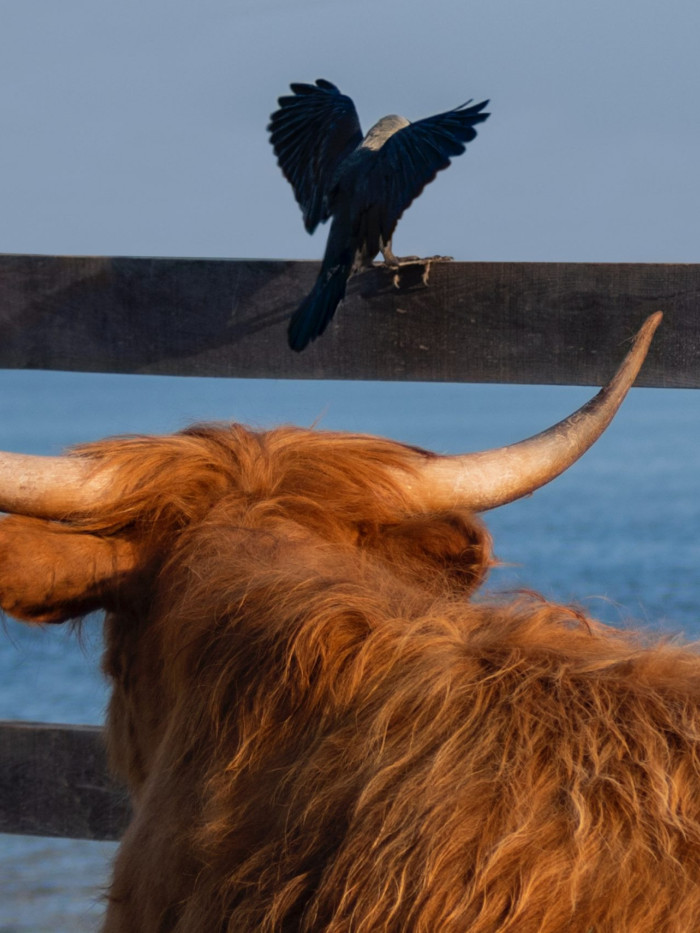
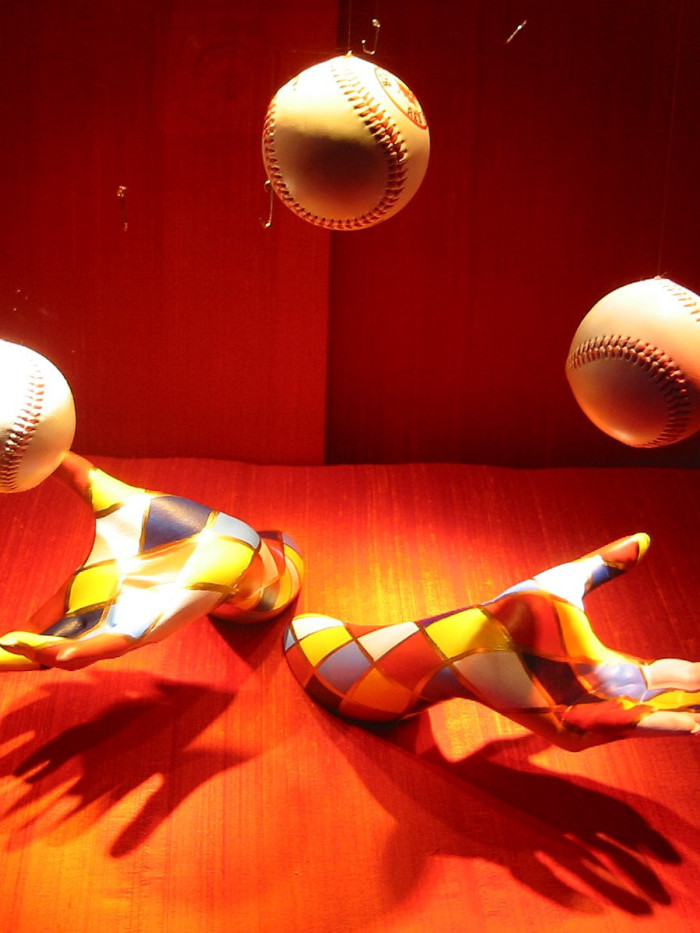
Cleas (Trick or Feat)
The early Irish hero Cú Chulainn was accomplished in an array of feats incl ...
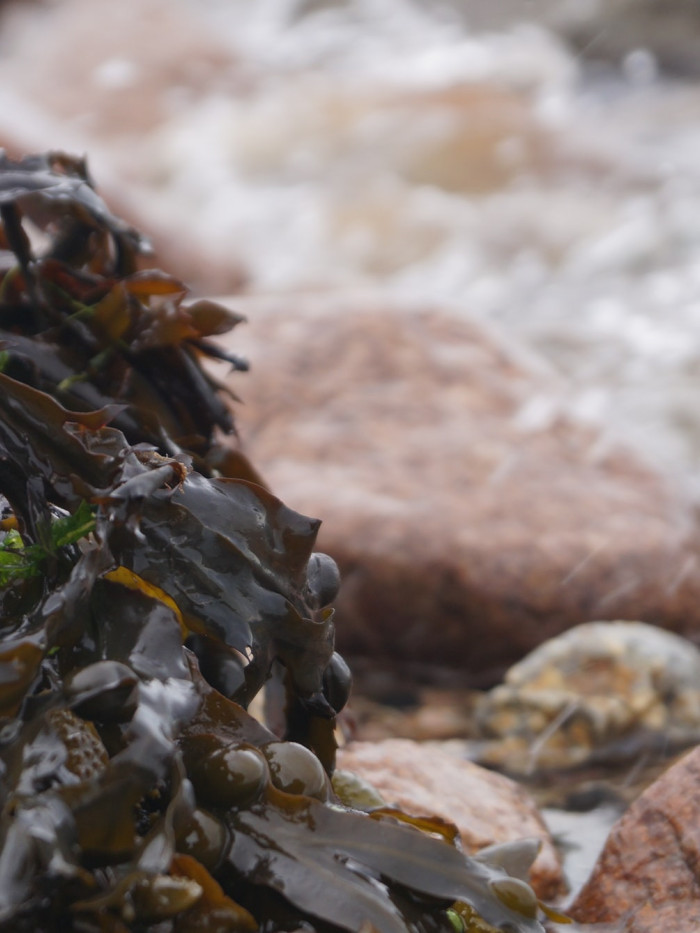
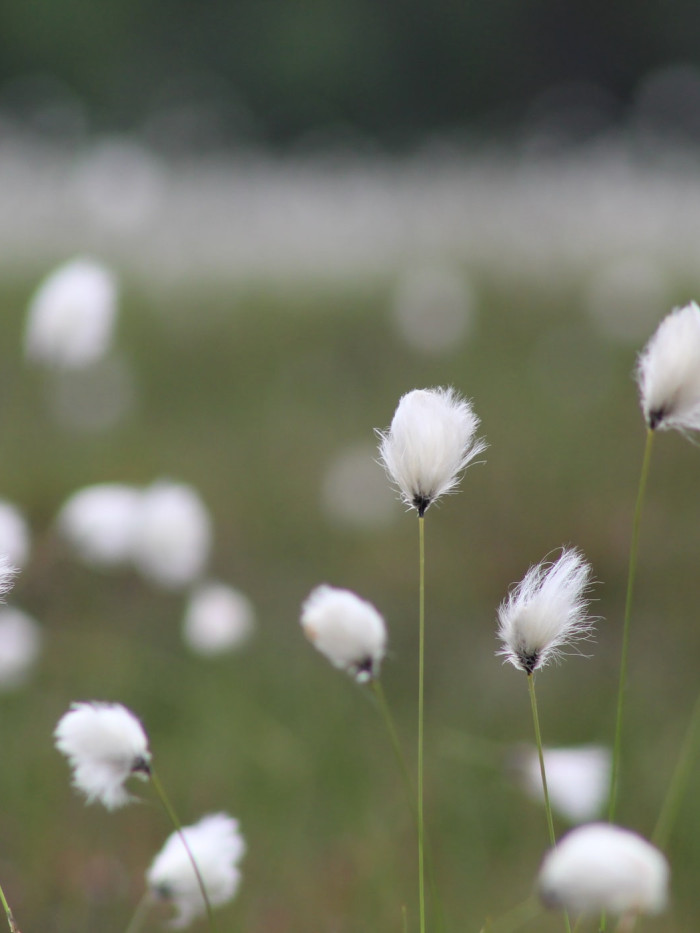
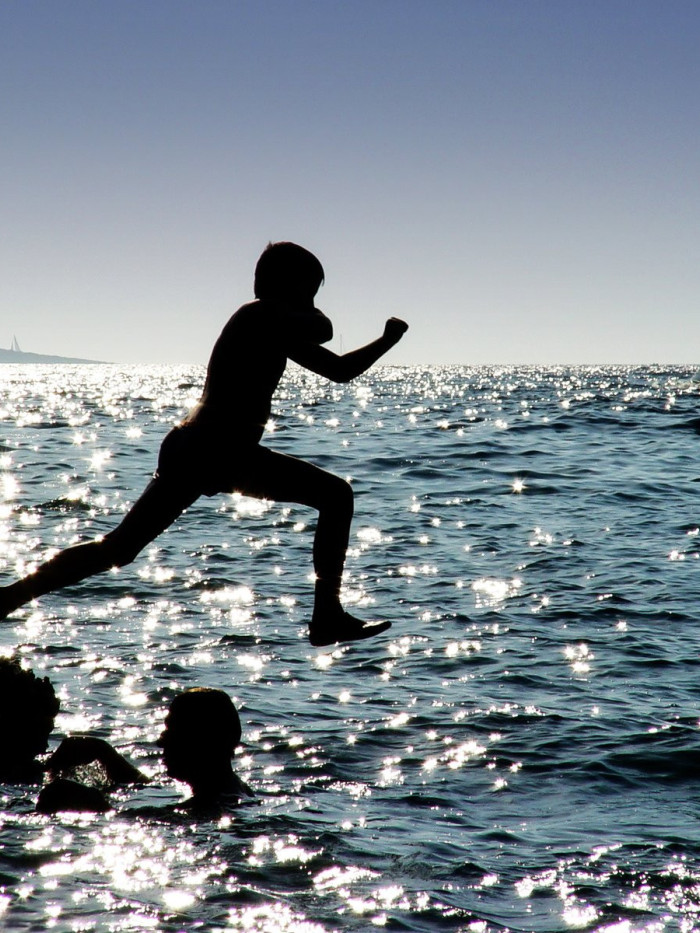
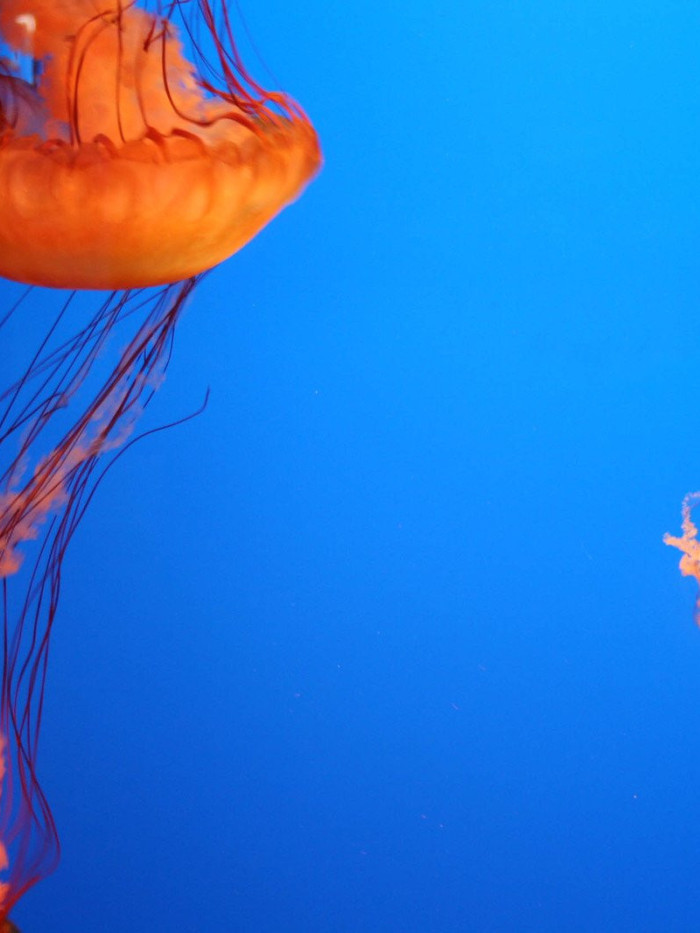
Smugairle Róin (Jellyfish)
A look into the history of the Irish phrase smugairle róin, which is widely ...
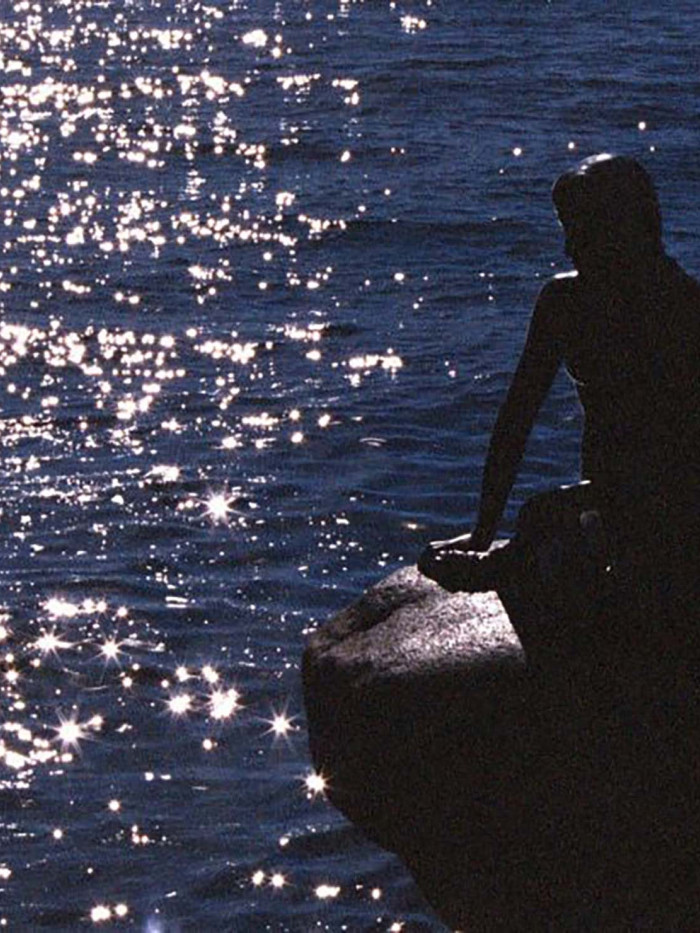
Maighdean Mhara (Mermaid)
This episode explores the concept of fish-women and other sea-creatures men ...
